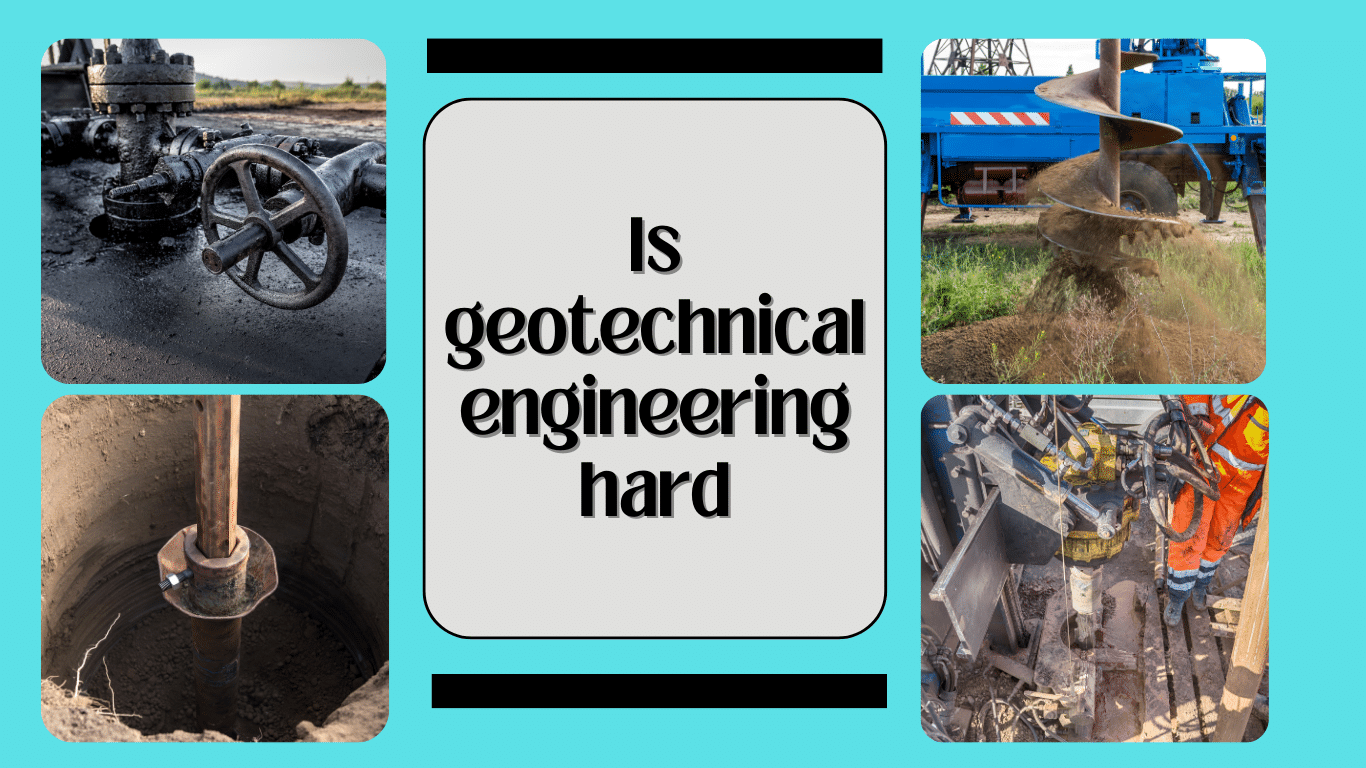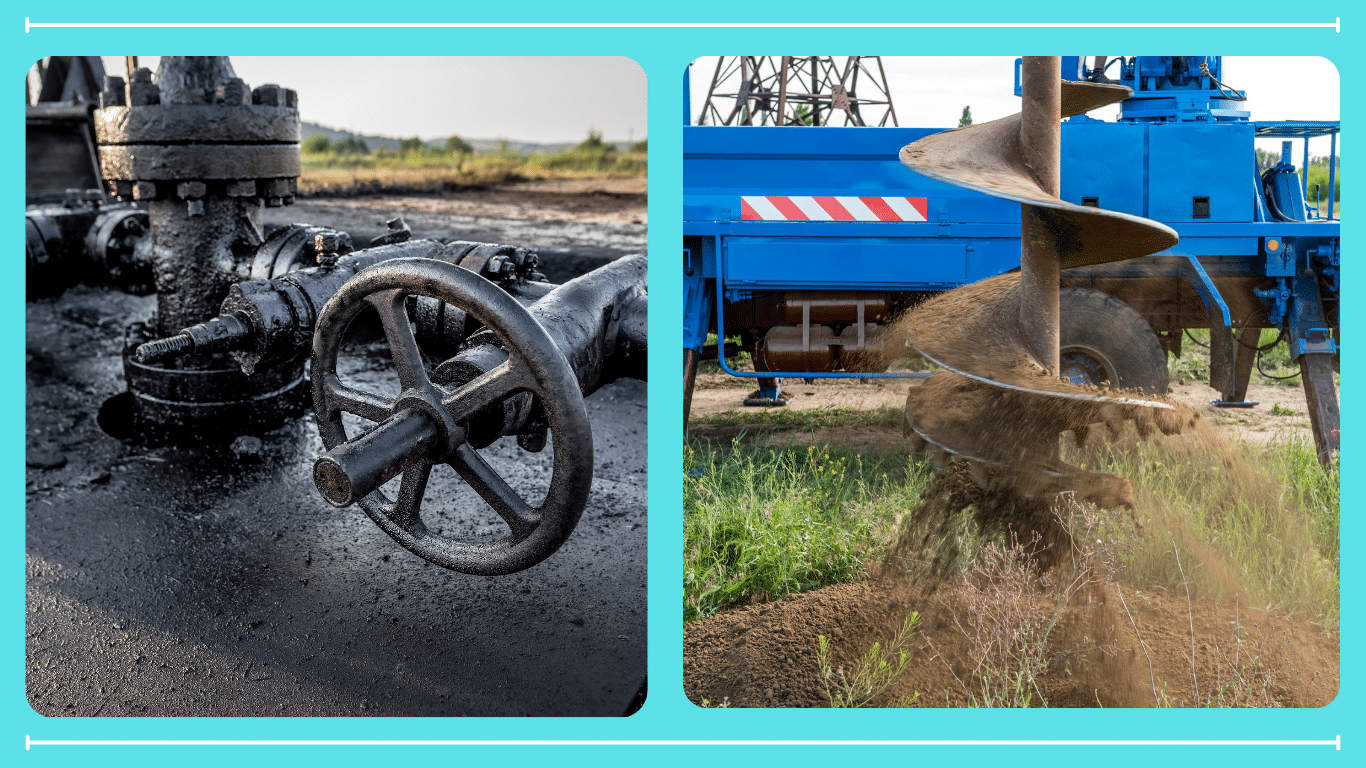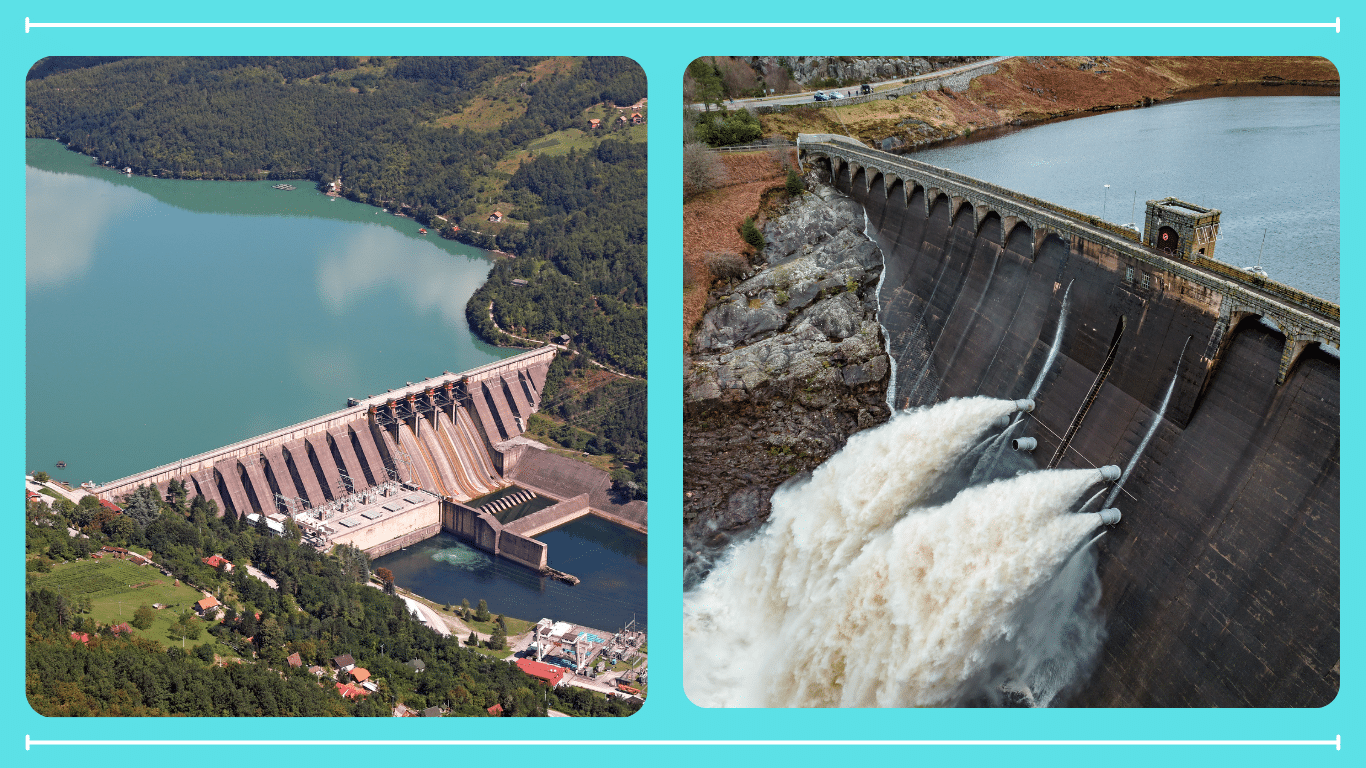Geotechnical engineering might seem hard at first, but with dedication and practice, it becomes easier to understand. Geotechnical engineers study the earth and its materials to design structures like buildings, roads, and bridges. They need to know about soil, rocks, and how they behave under different conditions. So let’s find out: Is geotechnical engineering hard?
While it can be challenging to grasp all the concepts, geotechnical engineering offers many opportunities to learn and grow. By breaking down complex ideas into smaller parts and asking questions when unsure, anyone can start to understand geotechnical engineering better. With time and effort, it becomes less daunting and more rewarding.
Is geotechnical engineering hard?
Geotechnical engineering might sound like a mouthful of technical jargon, but is it really as hard as it seems? Let’s dive into what geotechnical engineering is all about and whether it’s as tough as it sounds.
What is geotechnical engineering?
Geotechnical engineering is a branch of civil engineering that deals with the behavior of earth materials like soil, rock, and groundwater. It focuses on understanding how these materials interact with structures like buildings, roads, bridges, and dams. Geotechnical engineers assess the stability of the ground to ensure the safety and durability of structures built on it.
The Complexity of Geotechnical Engineering
At first glance, geotechnical engineering can seem daunting. It involves a combination of soil mechanics, rock mechanics, hydrology, and structural engineering principles. Engineers in this field must understand the properties of various soils and rocks, as well as how they respond to different loads and environmental conditions.
Challenges Faced in Geotechnical Engineering
- Uncertainty
- Complexity of Analysis
- Site-Specific Considerations
Uncertainty: One of the biggest challenges in geotechnical engineering is dealing with uncertainty. Soil and rock properties can vary widely even within a small area, making it difficult to predict how the ground will behave under different conditions.
Complexity of Analysis: Analyzing the behavior of soil and rock formations requires sophisticated tools and techniques. Engineers often use computer modeling and simulations to predict the response of the ground to different types of loads.
Site-Specific Considerations: Every construction site presents its own unique challenges. Geotechnical engineers must take into account factors such as soil composition, groundwater levels, seismic activity, and environmental regulations when designing foundations and other structural elements.
Is geotechnical engineering hard?
While geotechnical engineering certainly has its challenges, it’s not necessarily harder than other branches of engineering. Like any field, it requires a solid understanding of fundamental principles and a willingness to tackle complex problems.
Success in geotechnical engineering often comes down to a combination of technical knowledge, practical experience, and problem-solving skills. Engineers in this field must be able to think critically, adapt to changing circumstances, and communicate effectively with colleagues and clients.
there are some important points here we should know about geotechnical engineering
- Geotechnical engineering can be challenging, but it’s manageable with dedication and effort.
- Understanding soil and rock behavior is fundamental in geotechnical engineering.
- Geotechnical engineers deal with designing foundations for buildings, bridges, and other structures.
- Knowledge of geology, physics, and mathematics is essential in this field.
- Geotechnical engineering involves assessing risks like landslides and sinkholes to ensure safety.
- Fieldwork is often part of a geotechnical engineer’s job, requiring physical exertion and outdoor work.
- Problem-solving skills are crucial as engineers encounter complex geological conditions.
- Geotechnical engineering plays a vital role in infrastructure development and environmental protection.
- Continuous learning and staying updated with technological advancements are necessary in this dynamic field.
- Despite its challenges, geotechnical engineering offers rewarding opportunities to contribute to society’s progress and safety.
let’s talk about some more points in detail so it will help us get more information about them.
Are geotechnical engineers in demand?
Geotechnical engineers are indeed in demand due to their crucial role in infrastructure projects like buildings, roads, and bridges. Their expertise in understanding the behavior of soil and rocks helps ensure the stability and safety of these structures. As urbanization continues and aging infrastructure needs maintenance or replacement, the demand for geotechnical engineers remains steady.
Is being a geotechnical engineer hard?
Being a geotechnical engineer can be challenging but rewarding. It involves complex analysis and problem-solving to assess geological conditions and determine the best construction methods. Engineers often face unpredictable soil behavior and varying project conditions, requiring adaptability and critical thinking skills.
What challenges do geotechnical engineers face?
Geotechnical engineers face various challenges, including managing project uncertainties, dealing with site constraints, and ensuring environmental sustainability. They must also navigate regulatory requirements and communicate effectively with multidisciplinary teams and stakeholders.
Is geotechnical engineering a good career?
Geotechnical engineering offers a promising career path for those interested in applying science and engineering principles to real-world problems. It provides opportunities for professional growth, job stability, and the satisfaction of contributing to essential infrastructure projects.
What is the highest salary of a geotechnical engineer?
The highest salary for geotechnical engineers can vary depending on factors like experience, location, and employer. Generally, those with advanced degrees and specialized expertise command higher salaries. In regions with high demand for infrastructure development, such as urban centers or areas prone to natural disasters, salaries tend to be higher.
Where do geotechnical engineers make the most money?
Geotechnical engineers often earn the most money in regions with booming construction industries or high-cost living areas. Metropolitan areas with significant infrastructure projects, such as New York City, Los Angeles, or Dubai, may offer higher salaries to attract and retain talent.
What is the hardest course in civil engineering?
Geotechnical engineering is often considered one of the most challenging civil engineering courses due to its complexity and reliance on geological principles. It involves extensive analysis of soil and rock behavior, foundation design, and risk assessment, requiring a strong foundation in mathematics, physics, and engineering principles.
What is a typical day for a geotechnical engineer?
A typical day for a geotechnical engineer may involve fieldwork, such as site investigations and soil testing, as well as office tasks like data analysis, report writing, and project meetings. They collaborate with architects, structural engineers, and construction teams to ensure designs meet safety and performance standards.
What makes a good geotechnical engineer?
A good geotechnical engineer possesses a combination of technical expertise, problem-solving skills, and communication abilities. They excel at analyzing complex geological data, interpreting findings, and providing practical solutions to engineering challenges. Additionally, they demonstrate attention to detail, adaptability, and a commitment to professional development.
Why is geotechnical engineering interesting?
Geotechnical engineering is interesting because it offers a blend of science, engineering, and real-world applications. Engineers explore the Earth’s subsurface to understand its properties and behaviors, applying this knowledge to design safe and sustainable infrastructure. The field constantly evolves with advances in technology and research, offering opportunities for innovation and discovery.
Conclusion
So, is geotechnical engineering hard? It depends on who you ask. While it may seem intimidating at first, with dedication and perseverance, mastering the intricacies of geotechnical engineering is certainly achievable. Like any worthwhile pursuit, it requires effort and commitment, but the rewards—such as ensuring the safety and stability of the built environment—are well worth it
FAQs
Are geotechnical engineers in demand?
Yes, geotechnical engineers are in demand due to their crucial role in infrastructure projects like buildings, roads, and bridges.
Is being a geotechnical engineer hard?
Being a geotechnical engineer can be challenging due to complex analysis and problem-solving, but it’s also rewarding.
What challenges do geotechnical engineers face?
Geotechnical engineers face challenges like managing project uncertainties, dealing with site constraints, and ensuring environmental sustainability.
Is geotechnical engineering a good career?
Yes, geotechnical engineering offers promising career opportunities with job stability, professional growth, and the satisfaction of contributing to essential infrastructure projects.
What is the highest salary for a geotechnical engineer?
The highest salary for geotechnical engineers varies depending on factors like experience, location, and employer.
Where do geotechnical engineers make the most money?
Geotechnical engineers often earn the most money in regions with booming construction industries or high-cost living areas.
What is the hardest course in civil engineering?
Geotechnical engineering is often considered one of the most challenging courses in civil engineering due to its complexity and reliance on geological principles.
What is a typical day for a geotechnical engineer?
A typical day for a geotechnical engineer may involve fieldwork, such as site investigations and soil testing, as well as office tasks like data analysis and report writing.
What makes a good geotechnical engineer?
A good geotechnical engineer possesses technical expertise, problem-solving skills, communication abilities, attention to detail, and a commitment to professional development.
Why is geotechnical engineering interesting?
Geotechnical engineering is interesting because it blends science, engineering, and real-world application, offering opportunities for innovation and discovery in understanding and designing safe and sustainable infrastructure.




